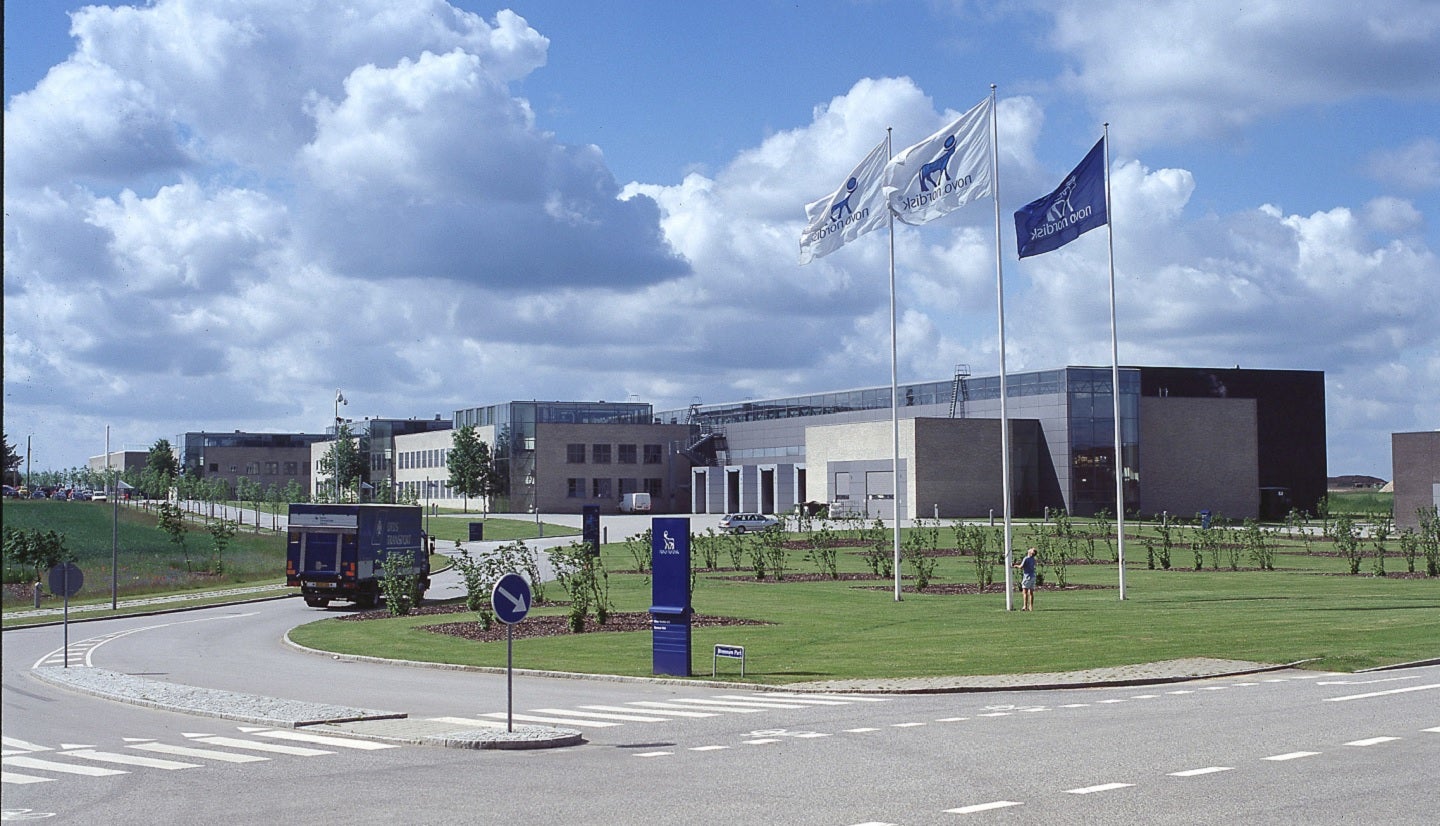
Novo Nordisk has unveiled plans to make a DKr15.9bn ($2.29bn) investment, starting from 2023, to expand its manufacturing facilities in Hillerød, Denmark.
The new investment will create additional production capacity, increase the company’s capacity to meet future demand and enable the development of its future clinical late-phase product portfolio.

Discover B2B Marketing That Performs
Combine business intelligence and editorial excellence to reach engaged professionals across 36 leading media platforms.
The investment will be used for expanding its existing Danish active pharmaceutical ingredient (API) production facility to progress its future serious and chronic disease portfolio.
The funding will also be used to construct a new 65,000m² multi-product manufacturing facility, designed with maximum flexibility to accommodate new processes and featuring an advanced working environment and technology.
The new facility will be future-proof and cost-effective, with a focus on optimal and compact process flows to reduce water and energy consumption.
Construction has already commenced, with API production expected to begin by early 2029.

US Tariffs are shifting - will you react or anticipate?
Don’t let policy changes catch you off guard. Stay proactive with real-time data and expert analysis.
By GlobalDataThe expansion project is anticipated to create 340 new jobs.
Novo Nordisk Product Supply, Quality and IT executive vice-president Henrik Wulff stated: “This important investment will ensure the continuous development of our late-phase pipeline into deliveries of important medicines for treatments to patients worldwide.
“The investment announced today confirms Hillerød and Denmark as cornerstones in our global footprint, and I would like to take this opportunity to thank the Danish government and parliament for their continued focus on ensuring good and stable infrastructure and supplies, allowing us to continue to expand our production capacity to the benefit of patients living with serious chronic diseases.”


